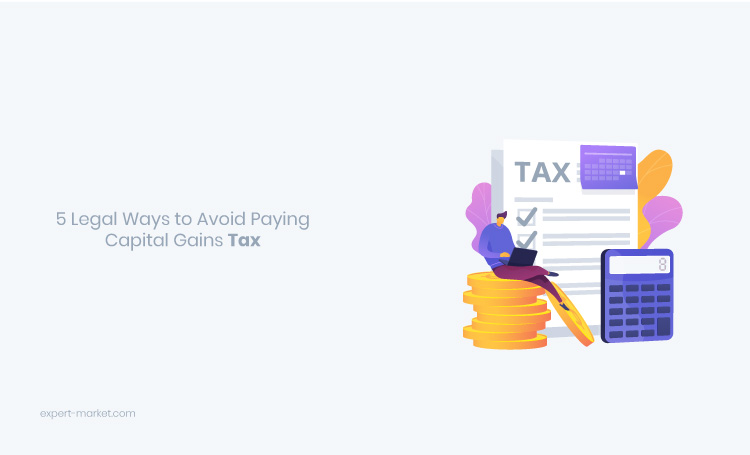Capital gains taxes are paid after an investor sells real estate or investment to another party. If the seller wants to avoid these taxes, they must find a solution for how to use the proceeds from the sale. What they do with their money determines if they pay these taxes and how much they could lose by not taking action now.
1. Use a Qualified Opportunity Fund
The opportunity begins with an investment of capital gains generated from a separate venture. As soon as the money is invested, the owner defers their tax implications for at least the first year.
By year five, the tax basis rises and reduces the taxes the person pays significantly, and the payments remain deferred. By the sixth year of the investment, the organization or benefactor pays 10% less on the original investment.
If they continue to use the fund, they avoid depreciation and no longer pay any capital gains taxes on their return after they sell the fund. Companies, investment firms, and individuals review qualified opportunity zone funds near me for more details now.
2. Make the Asset Your Primary Home
Home flippers avoid capital gains taxes by renovating the property as their main residence. By living in the property, they don’t pay rent somewhere else, and the owner has access to it all the time. The investor won’t have to drive to the property or split their time between the asset and another property.
Since the property is their primary home, the buyer may qualify for an FHA 203(K) mortgage. They’ll receive an allowance for completing the renovations in addition to the loan amount. Ultimately, the investor may save money and give them enough capital for all remodelling expenses.
3. Start a Health Savings Account
Contributors deposit money into the accounts for their health care expenses. They won’t pay any capital gains taxes for the proceeds, and the taxpayer gets deductions just for their deposits. If the individual earns more than they did the year previously, they reduce their tax implications according to how much money they add to the accounts each year.
4. Set Up a 401(K) Plan
Workers who have received a significant raise fall into a new tax bracket, and they need to balance their earnings to reduce tax implications. By contributing larger sums of money into their 401(K) account, the person avoids capital gains taxes and won’t lose their money.
Each of their contributions is matched by their employer. When they get ready to use their retirement fund, they control tax implications by withdrawing a lower amount each year between retirement and age 70. Once they are 70, they won’t pay as much in taxes and can get more money out at once.
5. Use a 1031 Exchange
Investors who have renovated an investment property or rental and are ready to sell the asset could avoid capital gains taxes. All they have to do is deposit the proceeds from the sale in a new investment that is like their real estate investment. The catch is that they have to take all the money and invest it within 180 days of the sale date.
Investments generate a return based on how well it performs. Once the contributor sells the asset or investment opportunity to another party, the IRS imposes capital gains taxes. By reviewing legal and beneficial techniques for avoiding the tax implications, they keep more of their return and have more opportunities ahead of them.


































